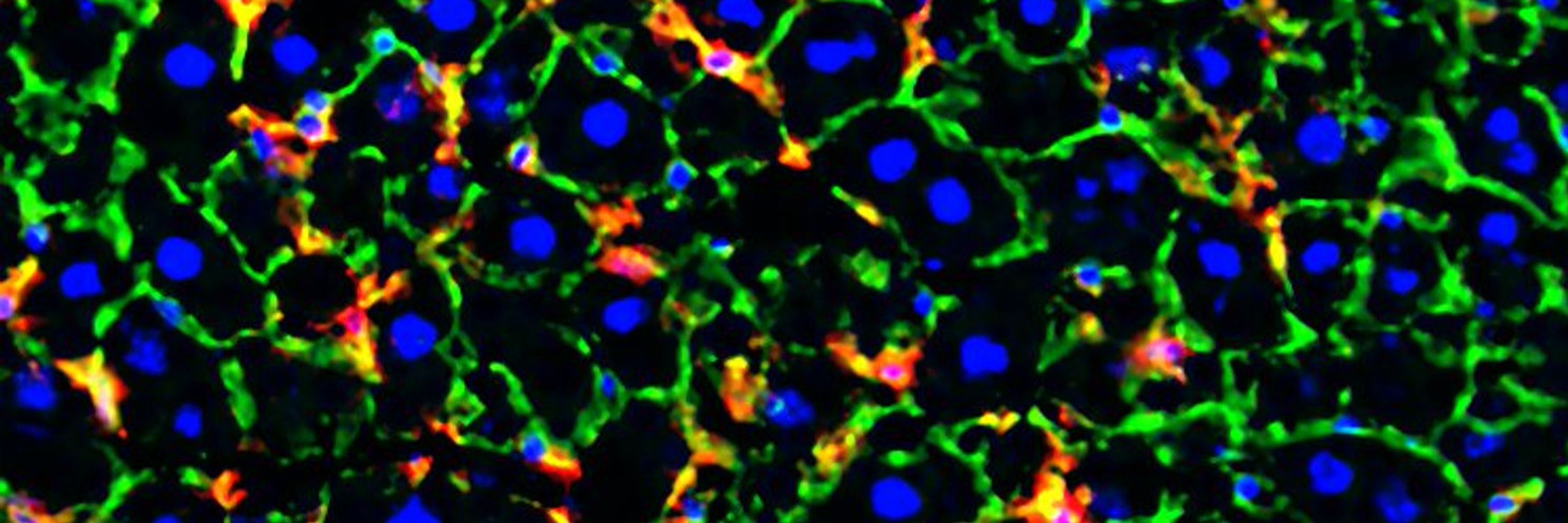

www.science.org/doi/10.1126/...

www.science.org/doi/10.1126/...
Our new preprint shows more than half of #Klebsiella pneumoniae neonatal sepsis cases in African and South Asian are nosocomial, acquired through transmission in neonatal units. #WAAW
doi.org/10.1101/2025...
![figure showing estimated proportion of cases in clusters, for each site. range from 0.04 to 0.93, mean estimate in random effects model is 0.57 [0.46,0.68]](https://cdn.bsky.app/img/feed_thumbnail/plain/did:plc:q5nky4heg5sfix4get4zh2pw/bafkreibshmuvkuafxwd2uk3r42ss6ma2dhmaidbysgvufnbkbv5cn4guai@jpeg)
Our new preprint shows more than half of #Klebsiella pneumoniae neonatal sepsis cases in African and South Asian are nosocomial, acquired through transmission in neonatal units. #WAAW
doi.org/10.1101/2025...
@sydneylmiles.bsky.social @katholt.bsky.social
🙏to transformative collaborative effort
www.nature.com/articles/s41...
@sydneylmiles.bsky.social @katholt.bsky.social
🙏to transformative collaborative effort
www.nature.com/articles/s41...


That’s what we explored using one of the fastest-evolving loci in Bacteria: the capsule locus.
The paper: www.biorxiv.org/content/10.1...
Thread👇

That’s what we explored using one of the fastest-evolving loci in Bacteria: the capsule locus.
The paper: www.biorxiv.org/content/10.1...
Thread👇
I’m recruiting two postdoctoral research associates to join my lab at KCL to study how #Klebsiella pneumoniae regulates virulence factor expression during infection! #klebclub
Mol Micro: tinyurl.com/mtrwtx5e
Infection: tinyurl.com/2s3u8ca2
Deadline: 21st September.
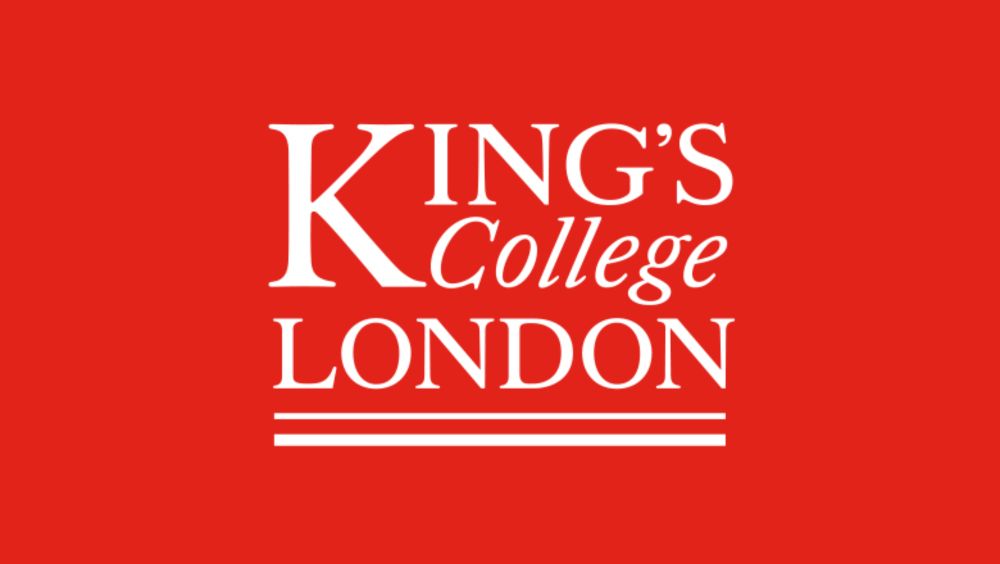
I’m recruiting two postdoctoral research associates to join my lab at KCL to study how #Klebsiella pneumoniae regulates virulence factor expression during infection! #klebclub
Mol Micro: tinyurl.com/mtrwtx5e
Infection: tinyurl.com/2s3u8ca2
Deadline: 21st September.
www.nature.com/articles/s41...
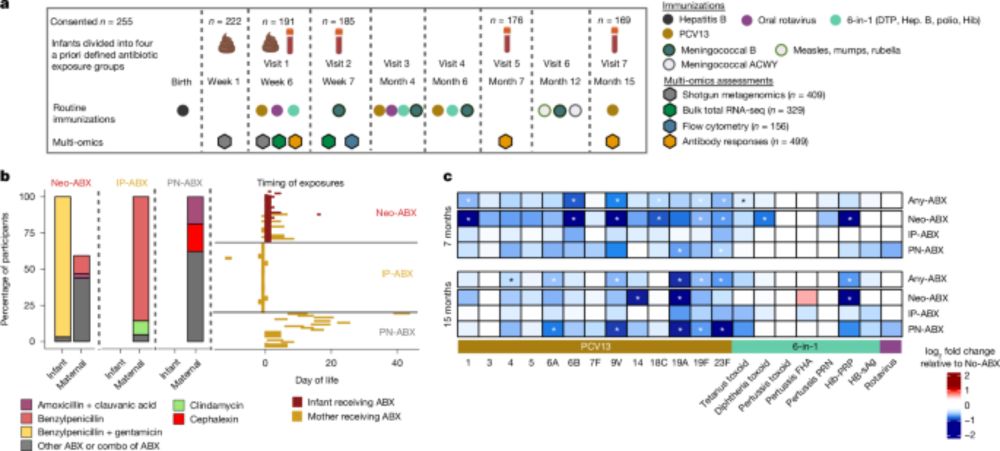
www.nature.com/articles/s41...
www.jobs.cam.ac.uk/job/50738/
www.jobs.cam.ac.uk/job/50738/
#microsky 🧪
www.nature.com/articles/s41...
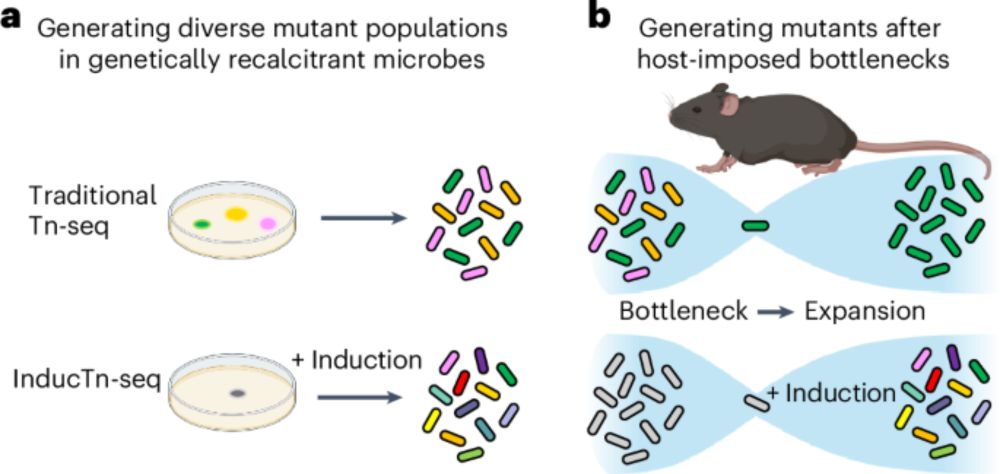
#microsky 🧪
www.nature.com/articles/s41...
A rapid evolution-tracking system for 𝘒𝘭𝘦𝘣𝘴𝘪𝘦𝘭𝘭𝘢 𝘱𝘯𝘦𝘶𝘮𝘰𝘯𝘪𝘢𝘦 that experimentally tests how this leading MDR threat resists antibiotics and adapts to serum to invade the bloodstream
www.nature.com/articles/s41...
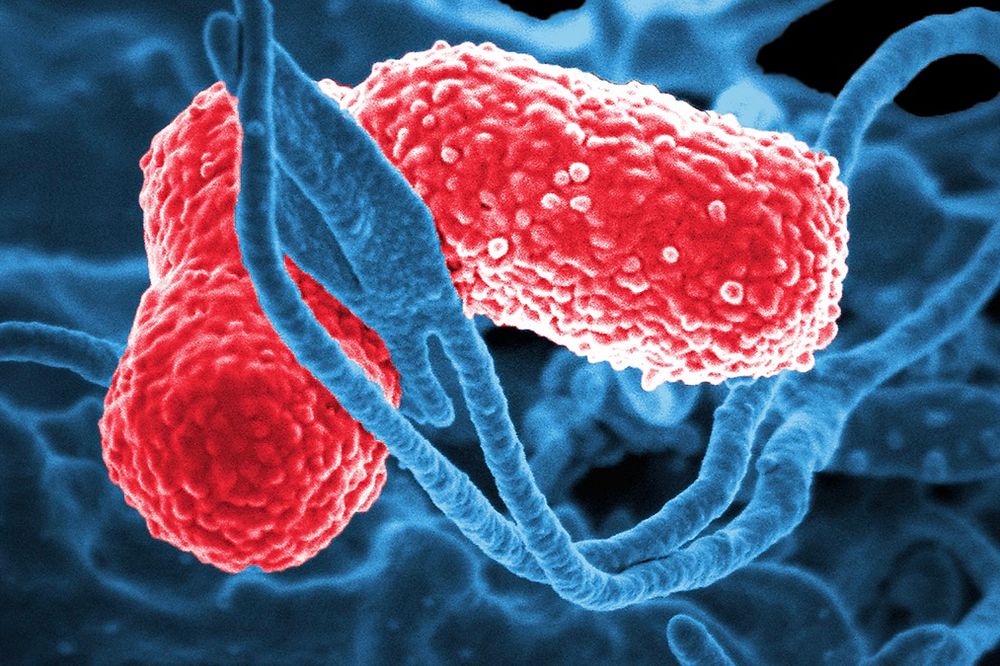
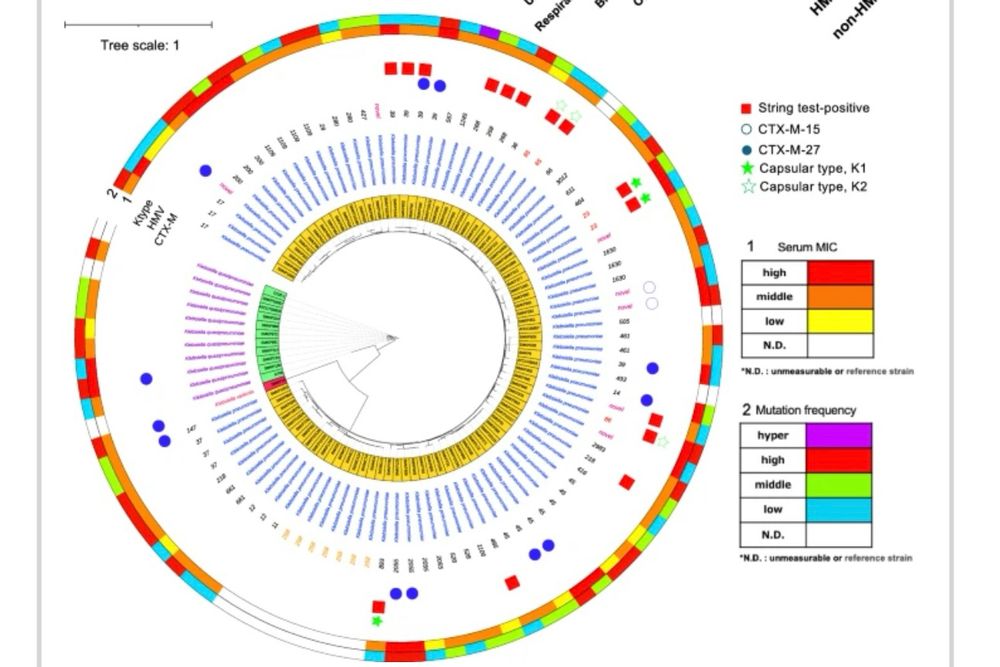
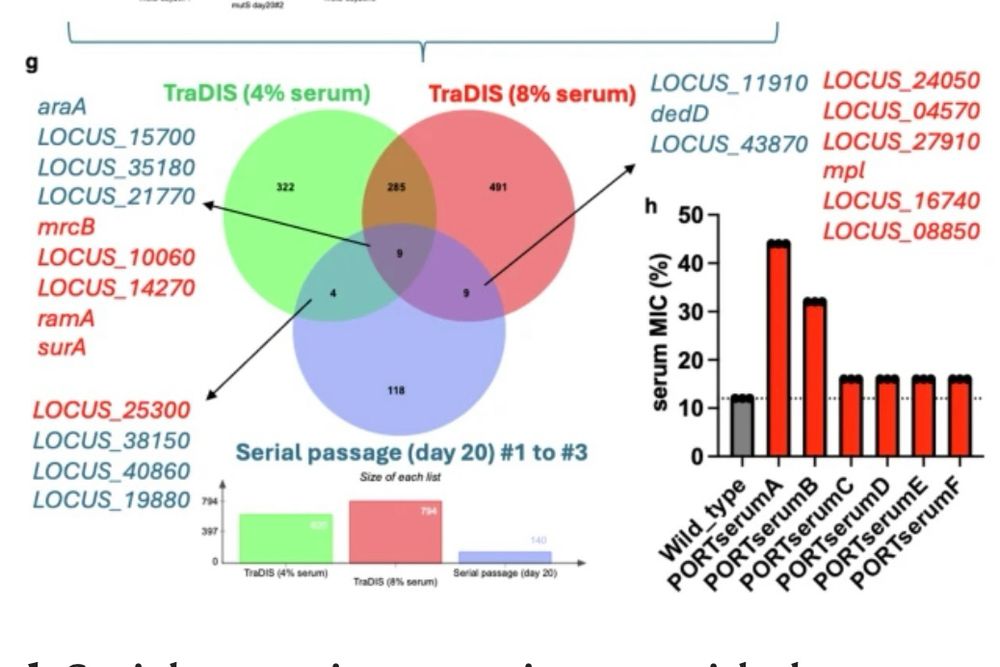
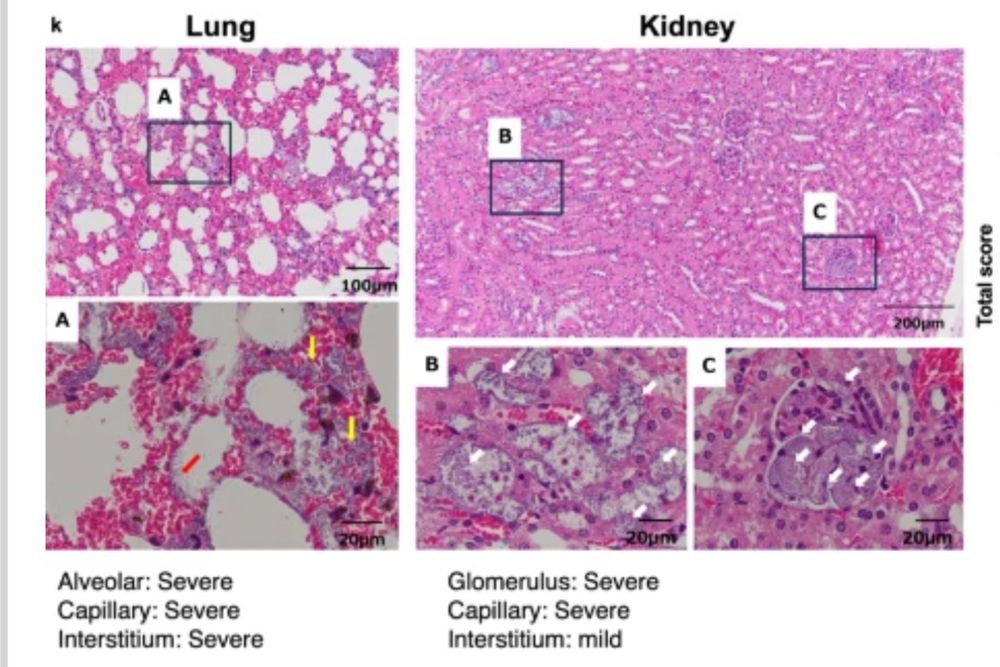
A rapid evolution-tracking system for 𝘒𝘭𝘦𝘣𝘴𝘪𝘦𝘭𝘭𝘢 𝘱𝘯𝘦𝘶𝘮𝘰𝘯𝘪𝘢𝘦 that experimentally tests how this leading MDR threat resists antibiotics and adapts to serum to invade the bloodstream
www.nature.com/articles/s41...
👉🏼 rdcu.be/eelLn
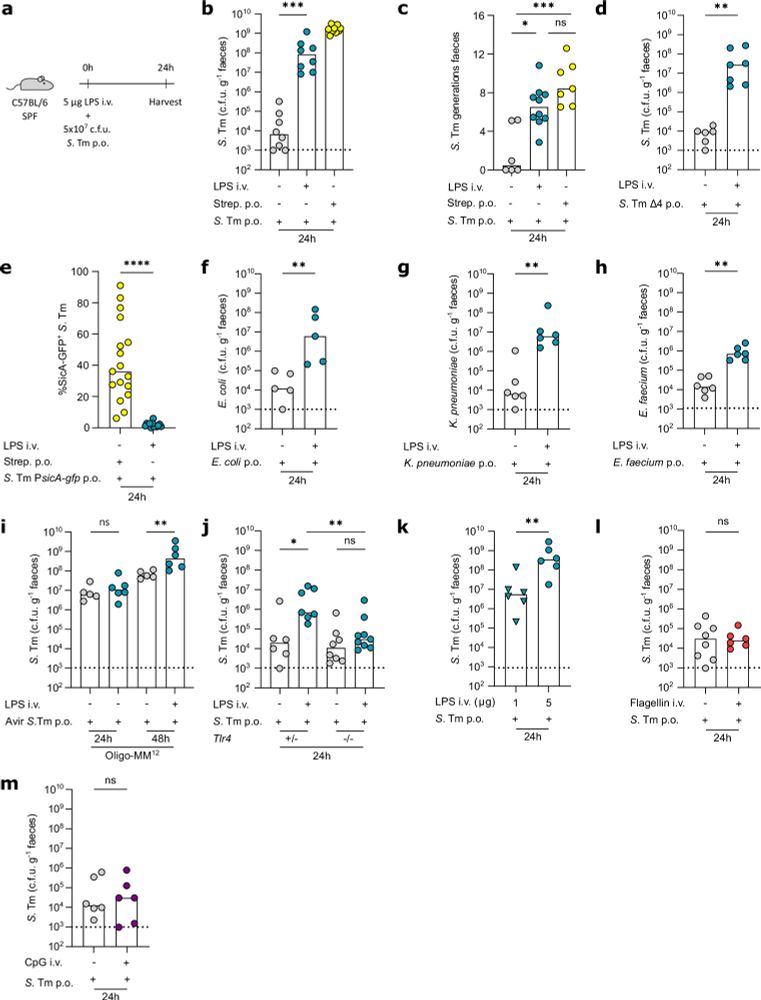
👉🏼 rdcu.be/eelLn
🚨 UK Cell Micro 2025 is here! 🚨
📅 2nd-3rd June 2025
📍 King’s College London
Join us for fun science, networking, and a rooftop social! 🌇🎉
💡 Submit your abstract by 10th April
ukcellmicro.org
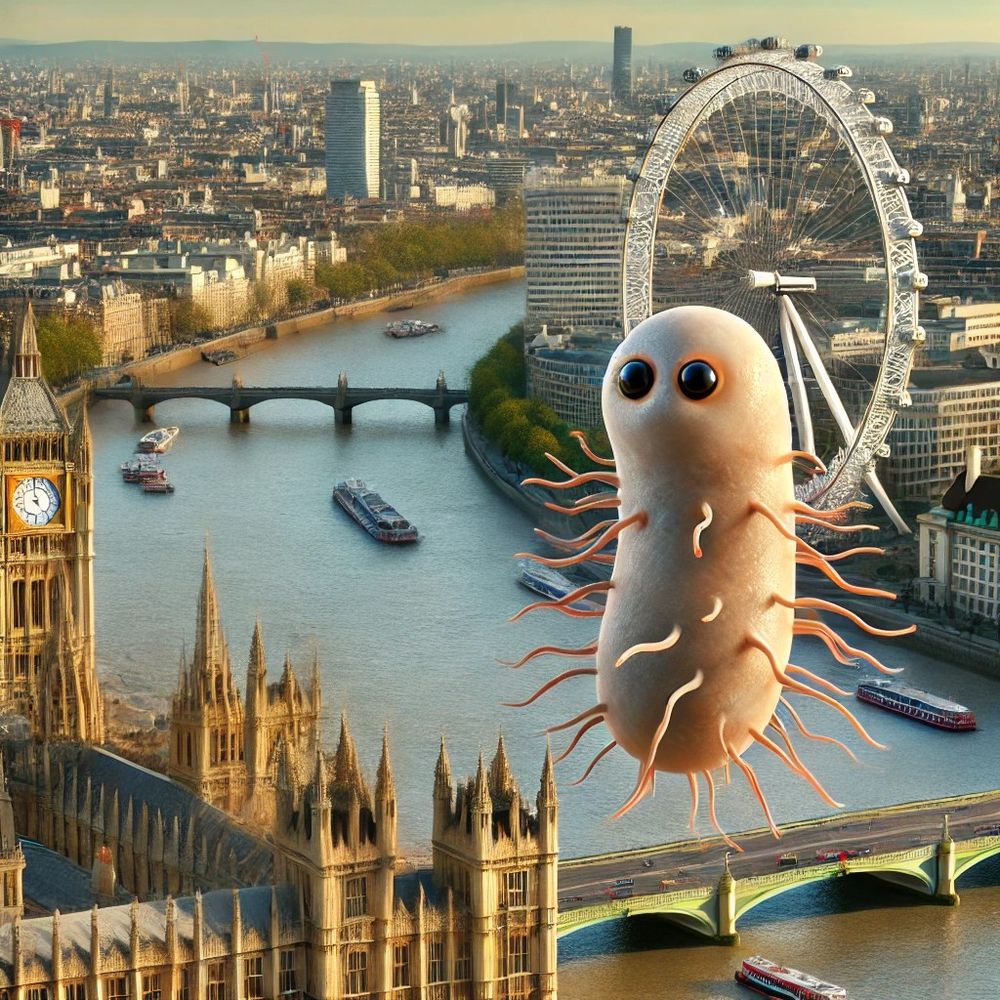

https://go.nature.com/3XmyOPD
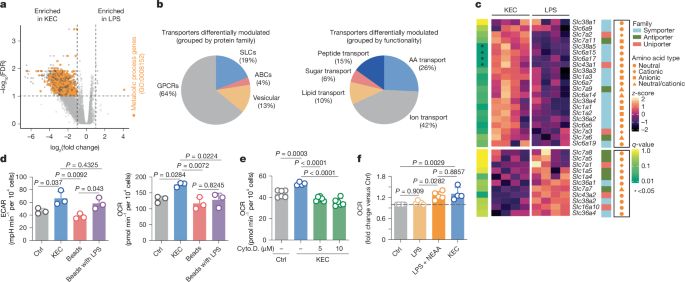
https://go.nature.com/3XmyOPD

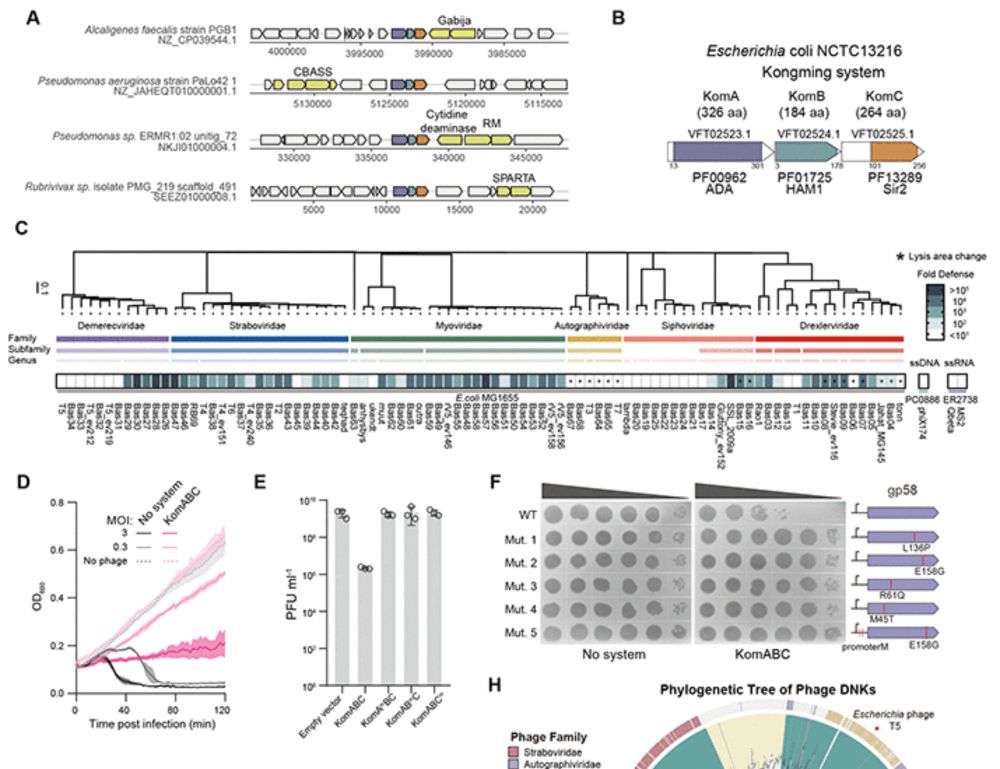
Registrations and abstract submissions opening soon!
Don't miss this great opportunity to share research updates and network!
#UKCellMicro
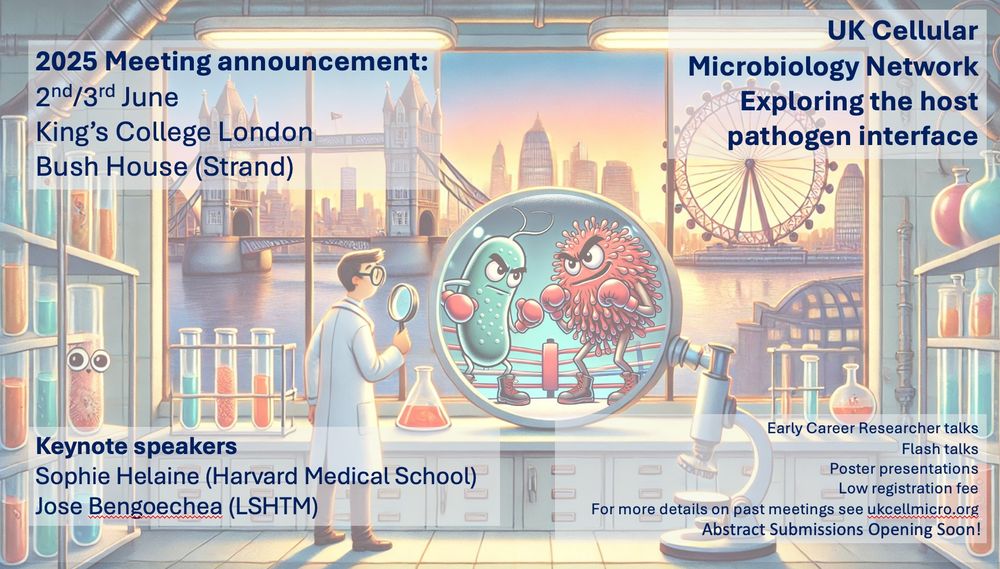
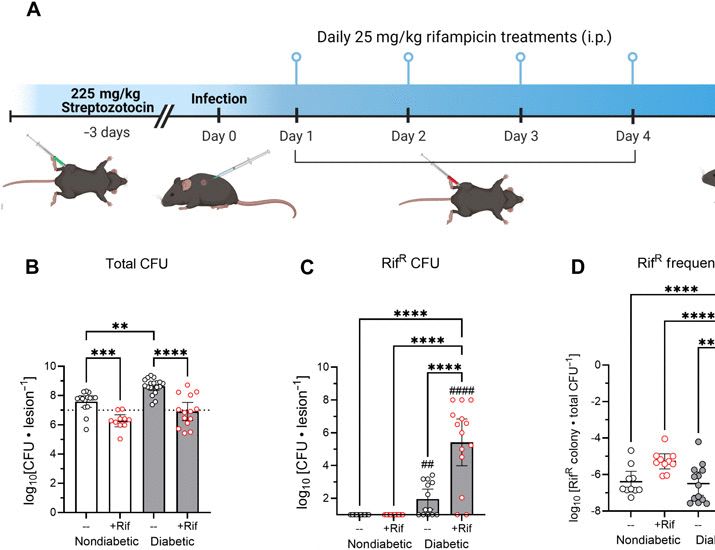
Antibody responses in #Klebsiella pneumoniae bloodstream infection: a prospective cohort study
www.thelancet.com/journals/lan...
#IDSky #ClinMicro #BSI #OpenAccess #OA
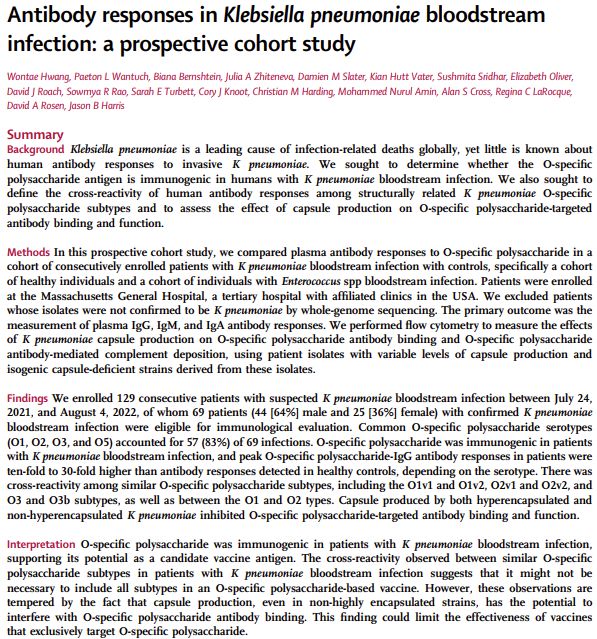
Antibody responses in #Klebsiella pneumoniae bloodstream infection: a prospective cohort study
www.thelancet.com/journals/lan...
#IDSky #ClinMicro #BSI #OpenAccess #OA


